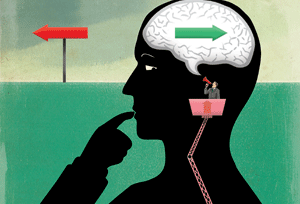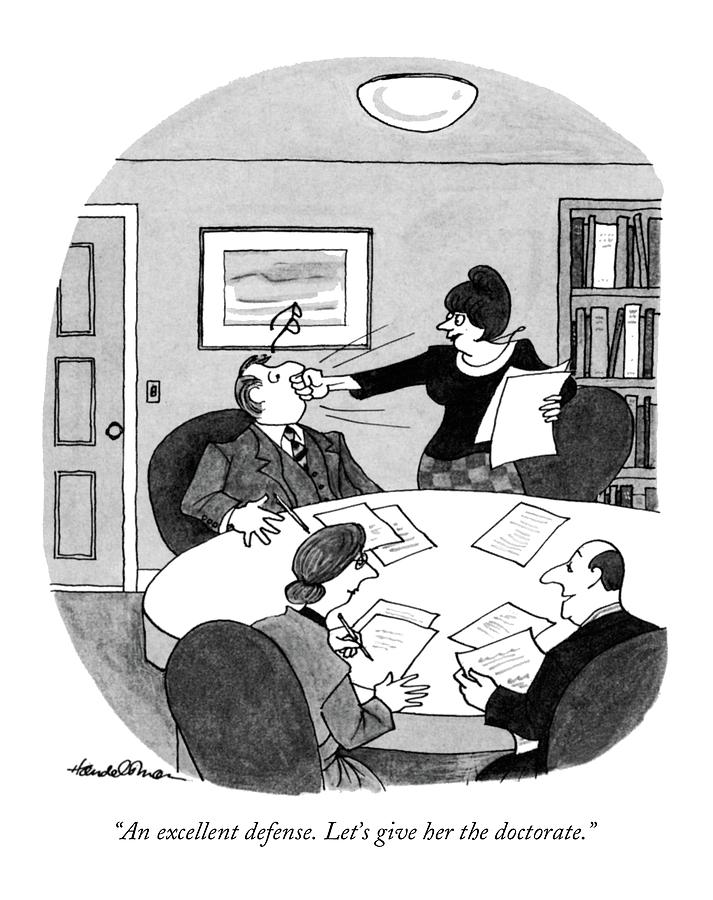Why should you care about bringing more creativity into the workplace? Don’t you need people to just get stuff done, without daydreaming? Well, yes, stuff does need to get done, and also there are good reasons to bring in more creativity.
In my workshop last weekend I spent a lot of time on creativity games that help exercise the creativity muscle. Just like any other skill, the more you practice it, the better you get at it. We covered a lot of ground, but today I want to tell you about one game.
I have a game called Disruptus in which you draw different picture cards and then do one of four things with them: 1) improve on what’s pictured; 2) use what’s pictured in a new way; 3) come up with a new way to do what’s pictured; or 4) take elements from two pictures and combine them to make something new. I find that some answers aren’t that exciting, but sometimes something great happens. For example, I had to improve on the weight machines at a gym. Now, I think using weight machines at the gym are a combination of boredom and pain, with a bit of humiliation thrown in. But I had to improve on them so – what if each machine were enclosed in a pod, and there was a video game you could play by using the weight machine? No one has to see you do it, you get to do something fun, and focus on something other than how much it hurts. I’d totally try that gym!
and then do one of four things with them: 1) improve on what’s pictured; 2) use what’s pictured in a new way; 3) come up with a new way to do what’s pictured; or 4) take elements from two pictures and combine them to make something new. I find that some answers aren’t that exciting, but sometimes something great happens. For example, I had to improve on the weight machines at a gym. Now, I think using weight machines at the gym are a combination of boredom and pain, with a bit of humiliation thrown in. But I had to improve on them so – what if each machine were enclosed in a pod, and there was a video game you could play by using the weight machine? No one has to see you do it, you get to do something fun, and focus on something other than how much it hurts. I’d totally try that gym!
The thing about creativity is that sometimes it doesn’t give you exactly what you’re looking for. I mean, I’m not in the business of making games or opening gyms, so for me that business idea won’t get me far. But it sure could make someone a lot of money! And the more I stretch my brain like that, the more ideas I can get that might actually help me in my own business.
If you were to do this sort of game at work, you could use the boxed game Disruptus. But you could also brainstorm a list of things at work and use those instead. Sometimes having a custom made game works better.
(Many years ago, my then boyfriend now husband and I wanted to play the game Scattergories. But we didn’t want to pay $40 for it, and besides, we didn’t like all of their categories to begin with. We knew nothing about sports, for example. So we brainstormed a whole bunch of categories, and came up with some that were a lot more fun, like “things to do when you’re bored” and “jobs you’d be ashamed to tell your mother you do” and used Scrabble letters to pick from. Now when we play, we pick a letter and about a dozen categories, and try to come up with a word that starts with that letter in each category – and we know we won’t have to come up with any sports teams or players.)
What could you come up with if you started slowly, like “how can you improve on the soap dispenser in the bathroom?” and moved up to “what is a new way to deliver our product to our customers?” Not every answer will be useful, but sometimes even the crazy ones have something of merit to them. After all, once the concept of drones delivering items was impossible. So were self-driving cars. You never know what possibilities you might find in a game like this!
How can you see yourself bringing this sort of creativity game into your workplace? Can you set up a place where there is no wrong answer, and everyone’s crazy ideas are celebrated? I’d love to hear your own approaches to stretching your creativity for work.







